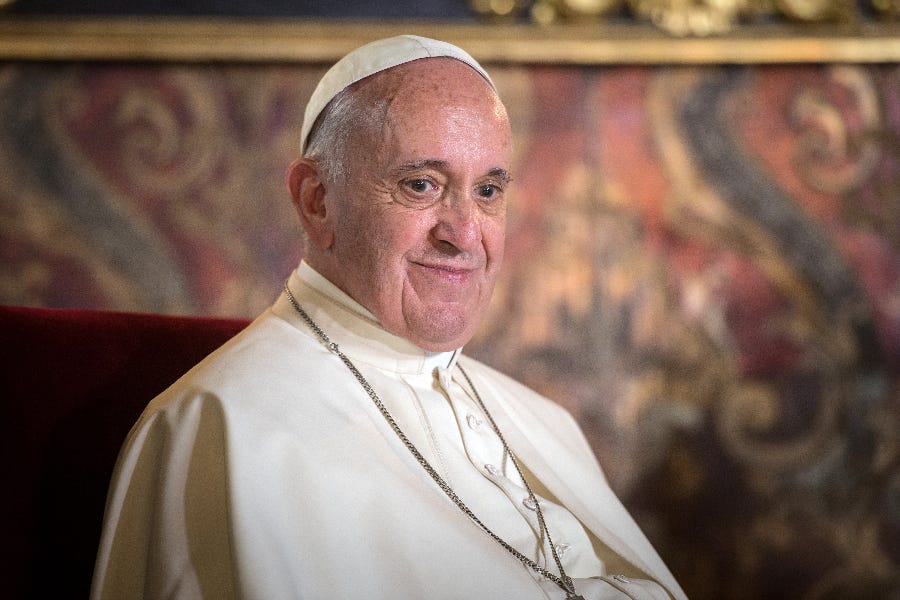The potential pitfalls of a papal visit to Belgium
Belgium is hardly on Europe’s periphery, but it's still potentially rough terrain for a visit from Pope Francis
In an interview with a Mexican broadcaster aired Tuesday, Pope Francis announced that he intends to visit Belgium in 2024.
The announcement was surprising, given that since his election Francis has shown a preference for visiting nations on Europe’s “peripheries,” beginning with Albania…

